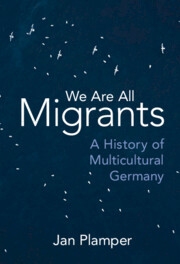How free should the movement of people be compared to the movement of capital? Unlike those who defend a presumption in favour of symmetrical treatment, I suggest that the presumption in favour of free human movement is much stronger than the same presumption in favour of the free movement of capital. Against those who claim that capital ought to be freer to move than people, I argue that states have much stronger reasons, both of distributive justice and cultural integrity, to constrain capital movement than they have to restrict human movement. Further, the case for restricting skilled workers' right to exit their country in the case of brain drain is much weaker than the parallel case for restricting investors' right to exit from a country that faces a threat of capital flight. Overall, my argument supports the ‘reversed asymmetry thesis’: People should be much freer to move than capital.
